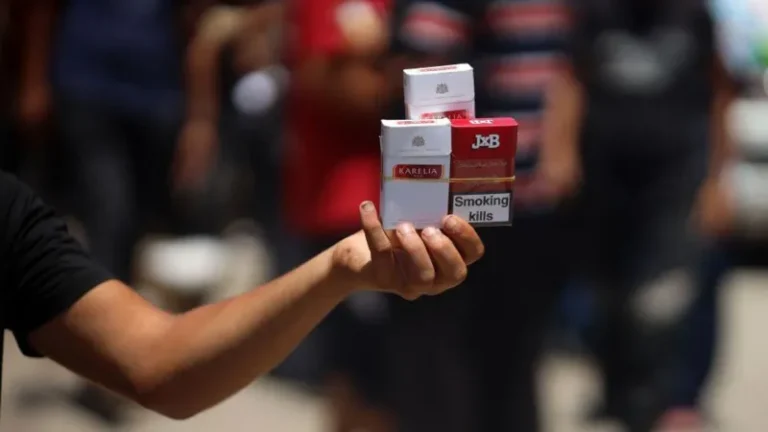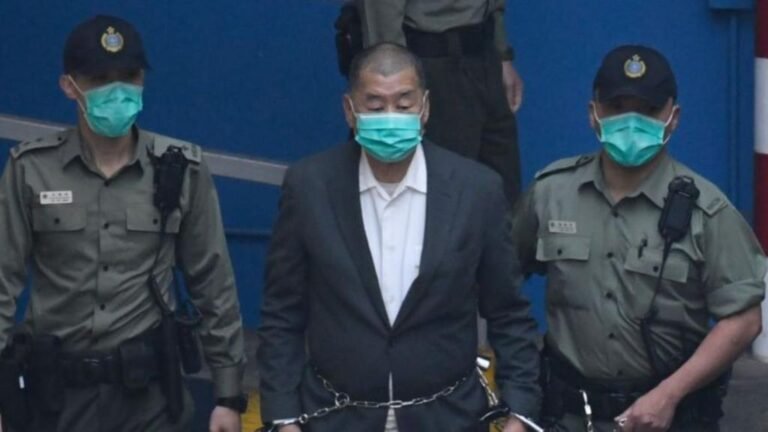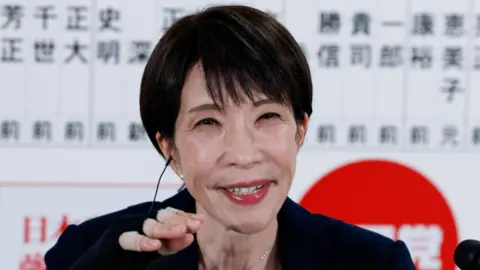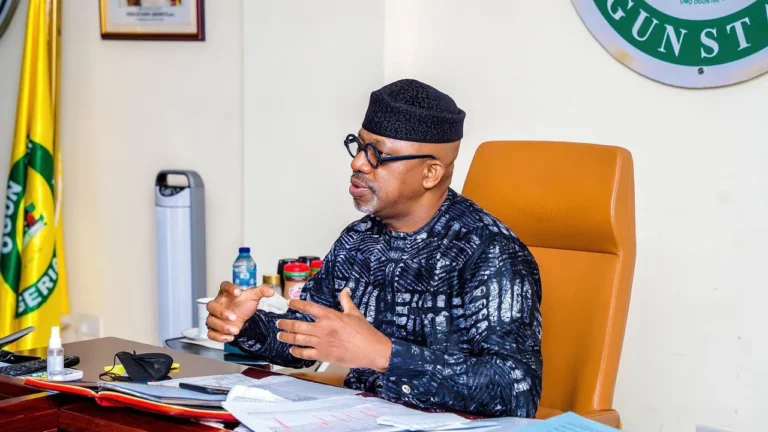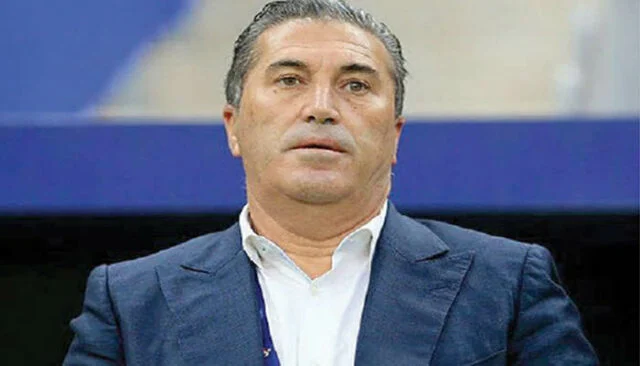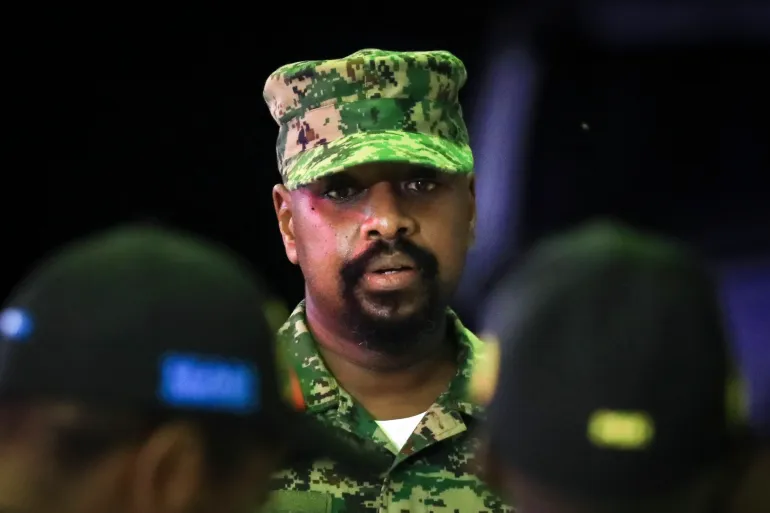
Uganda’s Army Chief Says He’s Holding Opposition Guard Eddie Mutwe in His Basement
Uganda’s military chief, General Muhoozi Kainerugaba — son of President Yoweri Museveni — sparked global outrage after publicly stating that he is detaining opposition figure Eddie Mutwe in his basement. Mutwe, the chief bodyguard to opposition leader Bobi Wine, was reportedly abducted near Kampala on April 27.
In a provocative social media post on Thursday, Kainerugaba bragged that Mutwe was captured “like a grasshopper” and threatened additional violence against the opposition. “He is in my basement … You are next!” he wrote in response to a tweet by Wine accusing security forces of abduction.
Kainerugaba also suggested that Mutwe had been physically assaulted and humiliated. “If they keep on provoking us, we shall discipline them even more,” he warned, escalating fears of torture and extrajudicial actions.
The Ugandan government, military, and police have yet to respond to inquiries from journalists, while the National Unity Platform (NUP) — Bobi Wine’s political party — described Mutwe’s abduction as a clear sign of the collapse of rule of law in the country.
Bobi Wine: “A Reminder of Uganda’s Lawless State”
Wine, whose real name is Robert Kyagulanyi, condemned the kidnapping, saying it reflects how “law and order has broken down in Uganda.” He also revealed that government security forces had stormed and sealed off the NUP headquarters on Friday.
The Uganda Law Society issued a scathing statement, calling Mutwe’s detention part of a “systematic campaign to silence dissent and crush the aspirations of young people yearning for freedom.”
In response, the Uganda Human Rights Commission on Friday issued a release order demanding that Mutwe be freed. The move was praised by NUP’s Secretary-General David Lewis Rubongoya as a “bold step” toward accountability.
Global Pressure Mounts Ahead of 2026 Elections
General Kainerugaba’s inflammatory remarks come as Uganda heads into a tense pre-election season. President Museveni, in power since 1986, is preparing to run for re-election in January despite mounting accusations of authoritarianism and human rights abuses.
The international community has repeatedly condemned Uganda’s abduction and forced repatriation of political dissidents — including the high-profile case of former opposition leader Kizza Besigye.
As criticism grows over the militarization of politics and the brutal silencing of opposition voices, Uganda’s leadership faces increasing calls for transparency, restraint, and the upholding of fundamental human rights.
